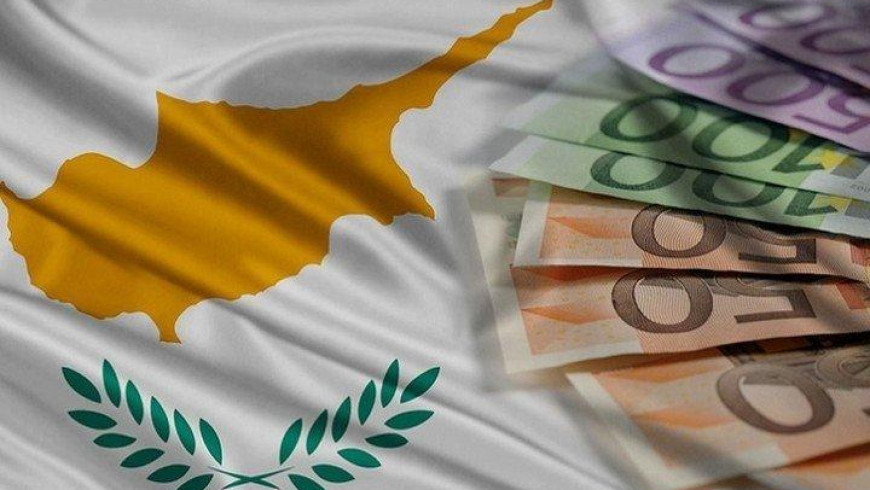
Governor of the Central Bank of Cyprus Constantinos Herodotou said on Tuesday that in 2023 the Cypriot economy will grow at a rate higher than the Eurozone average adding that both the economy and the Cypriot banking sector have shown in 2022 a significant resilience to the external shocks of recent years, such as the pandemic, the energy crisis and the ongoing war in Ukraine.
Speaking at the 13th Economic Congress, held in Nicosia, the Governor said that following seven consecutive interest rate increases by the ECB, key interest rates are expected to return to neutral rate around the end of 2024 or the second half of 2024 as long as inflation falls to the ECB's target of 2% in a sustainable manner.
He clarified that neutral interest rates will be lower than the current level but will not resemble the zero levels that applied before.
Referring to the Cyprus economy, the Governor noted that based on the March macroeconomic forecast of the Central Bank of Cyprus, the rate of economic growth is expected to slow down to 2.6% in 2023.
Herodotou said that this growth rate compares favorably with the average in the euro zone which is forecast at 1%, adding that the slowdown in Cyprus' GDP (from 5.6% of GDP in 2022) is expected to be the result of a reduced loan demand due to higher interest rates and a reduced private consumption and investment.
Referring to inflation, the Governor said that, following the 8.1% in 2022, it is predicted to decrease significantly to 3.3% in 2023, while further easing of inflationary pressures is expected in the years 2024 and 2025 reaching 2.3% and 1.9%, respectively. This, he said, will be mainly due to the normalization of energy and food prices, as well as due to the expected impact on demand from the rise in interest rates, as a result of the monetary policy of the Governing Council of the European Central Bank.
But he pointed out that high inflation combined with rising interest rates may reduce the net income of households and consequently limit the repayment capacity of borrowers. Therefore, he stressed, banks must continue to be careful in approving new loans to ensure the borrower's ability to repay.
He reiterated once again the need for banks to follow faster restructuring procedures, with reduced fees or additional costs, prioritizing potentially vulnerable customers.
The Governor pointed out the surplus in liquidity and the capital adequacy of the Cypriot banking system which are at satisfactory levels. He added that the liquidity coverage ratio reached 310% in December 2022, almost twice the EU average while the common equity capital ratio (CET1) was 17.7%.
"These percentages are important indicators of the strengthened resilience of Cypriot banks", he stressed.
Regarding the non-performing loans, Herodotou said that in the overall banking sector there is a significant reduction from 44% in 2017 to 9.5% at the end of 2022, a percentage which is still higher than the EU average of 1.8%, while the percentage in the small and medium-sized banks at the end of 2022 was 25.4%.
Meanwhile, Chairman of the Cyprus Economy and Competitiveness Council Takis Klerides, referred to Council's long-term strategy, noting that the reforms and changes included in the new strategy, will make the Cypriot economy more competitive and more resilient.
"It will help us all deal with difficulties that come our way," he said.














 3287.99
3287.99 1275.09
1275.09
